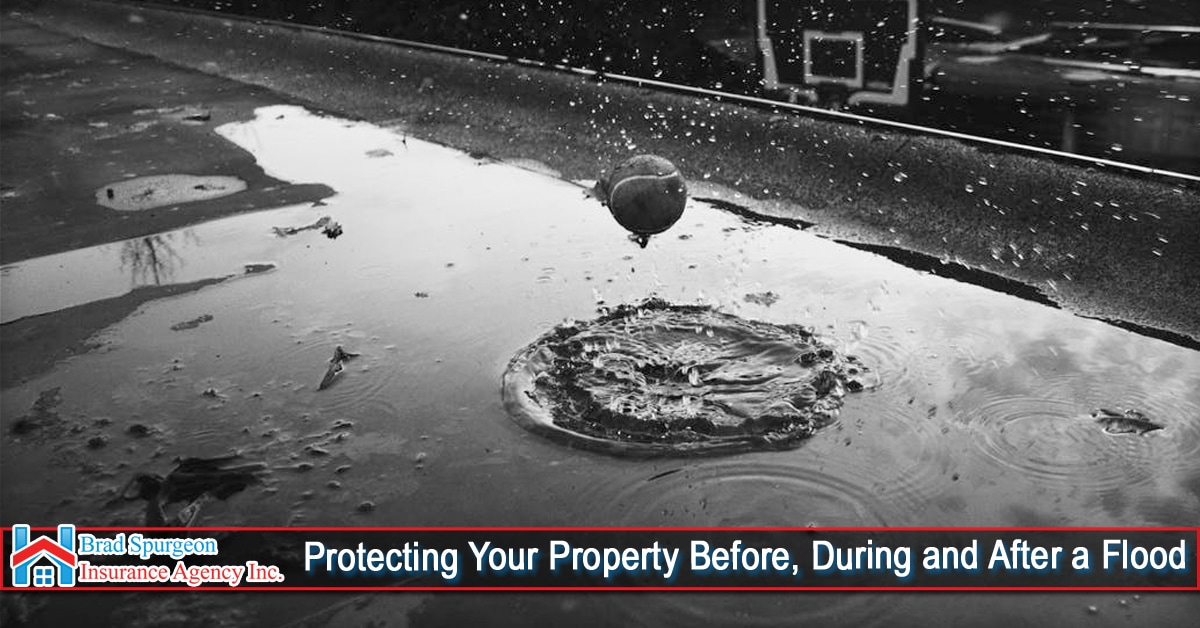Before the flood:
· You should be aware of your location’s flood zone risk
· Have your permanent equipment elevated
· Have a regular check up on your sump pumps and drains to ensure proper functioning.
· If you have a generator, have your sump pump switch transferred so that it could still be operated in case of flood.
· Have a plumber install a backflow prevention valve to prevent sewage back up
· Plan and practice evacuation route
· In a frequently flooded area, collect emergency building materials
· Learn with family members how to shut off utilities during emergency
· Prepare a survival kit with medicines, and other essential items you would need in case you leave the house
During the flood:
· Keep updated on the current situation. If advised to evacuate, shut off all utilities and evacuate immediately.
· Transfer to higher ground areas and do not pass through any floodwaters.
· Stay away from electrical wires and downed power lines
After the flood:
· Do not return home when it is not yet advised by the authorities
· Check for damage and report immediately once allowed to go back home
· Keep an eye on the snakes that may have found a route into your home
· Discard all food that has come in contact with floodwaters
· Remove standing water as soon as possible especially from the basement to avoid structural damage.
· Properly dry soaked carpets to prevent mold growth. Throw away anything that can’t be properly dried.
· Have an electrician inspect your electronic equipment that may have suffered water damage before using it
· Disinfect all areas that have been flooded
Let us know how we can help you. If you have questions about a flood damage insurance policy, you may call us at (409) 945-4746 or visit our office today. Brad Spurgeon Insurance Agency can provide you with superior customer service and low rates. Get a free quote from us by clicking here.

